Problem Statement: I am required to convert a generated string to UTF8 string, this generated string has extended ascii characters and I am on Linux system (2.6.32-358.el6.x86_64).
A POC is still in progress so I can only provide small code samples and complete solution can be posted only once ready.
Why I required UFT8 (I have extended ascii characters to be stored in a string which has to be UTF8).
How I am proceeding:
- Convert generated string to wchar_t string.
Please look at the below sample code
int main(){
char CharString[] = "Prova";
iconv_t cd;
wchar_t WcharString[255];
size_t size= mbstowcs(WcharString, CharString, strlen(CharString));
wprintf(L"%ls\n", WcharString);
wprintf(L"%s\n", WcharString);
printf("\n%zu\n",size);
}
One question here:
Output is
Prova?????
s
- Why the size is not printed here ?
- Why the second printf prints only one character.
- If I print size before both printed string then only 5 is printed and both strings are missing from console.
Moving on to Second Part:
Now that I will have a wchar_t string I want to convert it to UTF8 string
For this I was surfing through and found iconv will help here.
Question here These are the methods I found in manual
**iconv_t iconv_open(const char *, const char *);
size_t iconv(iconv_t, char **, size_t *, char **, size_t *);
int iconv_close(iconv_t);**
Do I need to convert back wchar_t array to char array to before feeding to iconv ?
Please provide suggestions on the above issues.
Extended ascii I am talking about please see letters i in the marked snapshot below
